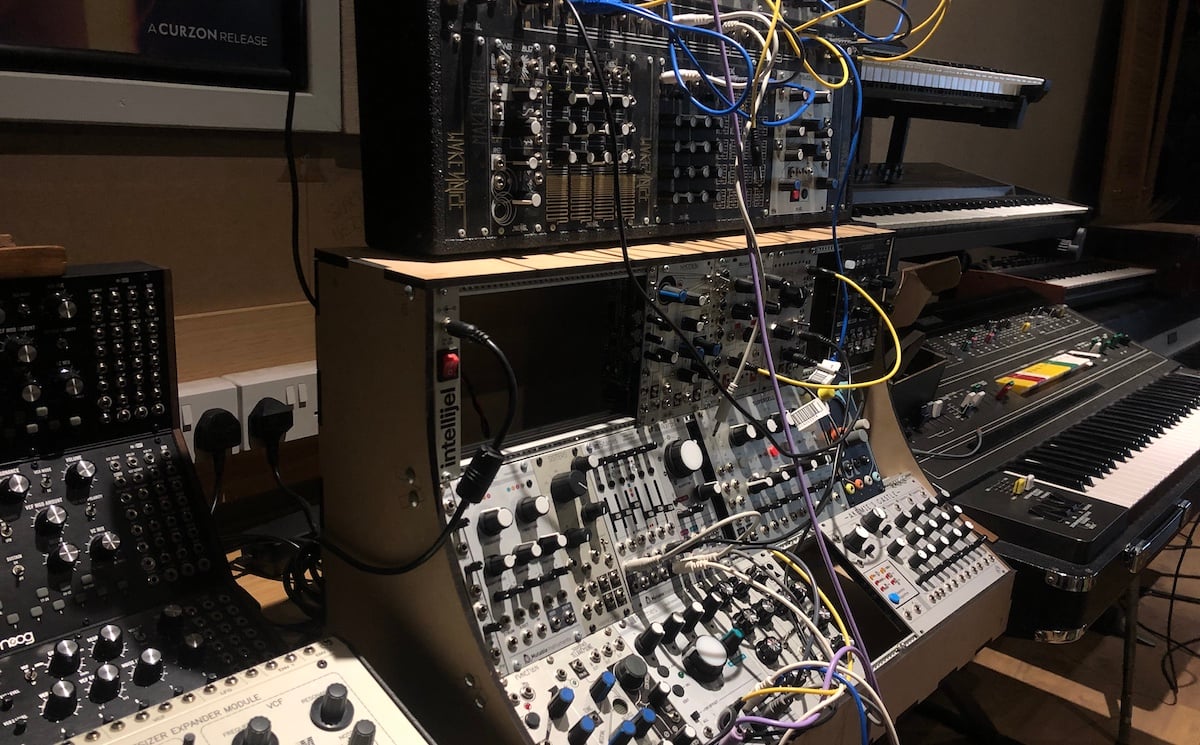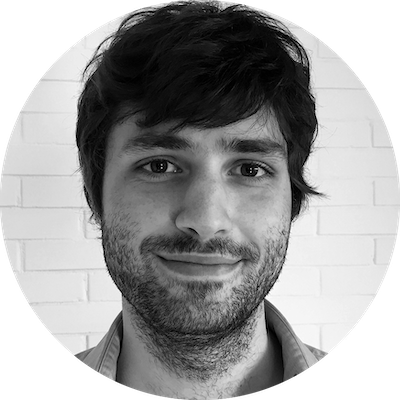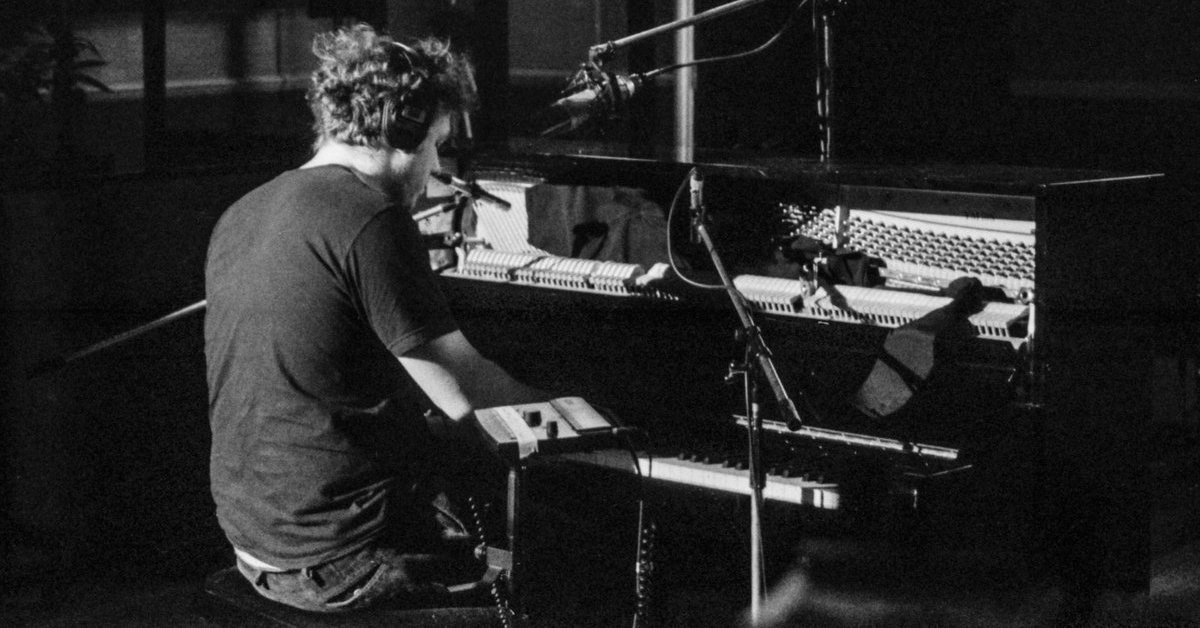Discover how sound artist Matthew Wilcock approaches projects and avoids creative slumps.
Matthew Wilcock is a sound designer, composer, and co-founder (together with Aleah Morrison-Basu) of Zelig Sound – a studio focused on providing unique sound and music for global commercials ranging from Logitech to Nike.
Around the release of his new solo record titled Ordinary Beautiful Things 1, we sat down with him to discuss his work aesthetics and philosophy.
How much of your work is with ad agencies versus direct to client?
Matthew Wilcock: Probably about a quarter agencies, two quarters production companies and the rest direct to the client. We worked directly with Microsoft, Logitech, sometimes Nike. It depends.
How does your work differ in each scenario?
Almost every job is different. Not black and white, but different. There is the old school agency model where you pitch in a matter of days on something, like a traditional TV commercial, but we rarely do that anymore — it's only about 25% of our work. But that's only for huge, global multinational campaigns, like pitching for Ford. I think because of the stakes of the spot and because of the stakes of the company or the agency they have, most of the time they're legally obligated (it’s due diligence) to tender out to a number of music companies.
Your reputation is humongous, so I would assume that a lot of clients would simply approach you directly and say, “Hey, we like your style. Let’s work together.”
Yeah, of course. But it's also different for music versus sound design. We don't often get this, but if for some reason we're just doing the sound, agencies don't usually tender out sound design. It's a weird kind of thing. They usually just tender out the music, I think.
"You can have exactly the same tools as we do, and you probably do, but experience and concept is literally the only thing that makes you different. It's just the idea."
Now for the million dollar question: How do you find new clients?
There's no secret to it. You just gotta ring them and contact them. Literally. That's the only thing you can do. Do really good work, be very charming and ring them up. I used to think, “yeah, one day we'll be like in the ‘in crowd’ and know everybody and have special access to people”, but it doesn't change. I mean you get to know people of course, but you just have to find out who the right person is to speak to and just say hi. What else are you meant to do? I don't know. Obviously a lot of people reach out to us more than we reach out anymore, but at the start it was the complete opposite. No one gave a crap. There are times where it took us five years to get any shot.
You just establish long term relationships like any other business.
Well even that, it has taken years, five plus years to get ‘in’ with people. And then you have to deliver, and then they have to like you, and then you have to not only deliver, you have to deliver every single time as well. You can't mess up basically, ‘cause you are remembered for your last job, so yeah, no pressure.
"If you understand the concept and you have a really strong idea, every question is answered by that concept."
You do a lot of quite abstract sound work. No matter how subtle the sonic textures, they always cut smoothly through the mix, even during busy sections. Do you achieve that unconsciously or do you also employ some production tricks?
To me all that stuff is just conceptual because if you understand the concept and you have a really strong idea, every question is answered by that concept. So why is it so soft? Because conceptually it needed to be like that. Take the Castello ads that we did, which are quite interesting. All the textural stuff was the concept from the start and then the contrast in music was built around the textures and the edit, and vice versa. It all conceptually answered the questions, at every single stage.
There is a lot of low and top end detail in your work. Do you take into consideration how it reproduces on laptops and smartphones when editing and mixing?
To a certain extent. We have really good monitors and a sub, so if something is really low in the room you can tell straight away that it’s not going to play very well outside of a studio or a cinema. So for stuff that's online we are very wary of using really low 808-like sub hits. But then again, the new iPhone and the new MacBook have really good speakers, we just don't rely on it. There’s very rarely just a sub kick. It’s always layered with something else on top. Also, the stuff that we know is going online, we'll always peak it a bit lower, like -0.3dB and if it’s really bassy -0.5dB on a precautionary side. We noticed if we upload to Instagram at -0.1dB or -0.2dB and it’s bassy it would distort in their conversion, so we keep it a bit more conservative.
Do you usually deliver an almost finished product to your clients or can you sort of go back and forth with them and exchange draft ideas?
It depends. Usually we don't deliver a final product first. There's a lot of work in progress, and it can be a crazy amount. Like the recent stuff we did for Hulu, it was probably 60, maybe more work in progresses on the idea for the mnemonic. I mean that's a bit of an extreme. And then there's a whole process, we're not just randomly producing 60 things. We vary directions and you basically have to get buy in from the client or the creative at the earliest stage possible. So from the initial conversations you have to figure out what they like, with references and moodboards, and then depending on their budget and the time we'll be producing multiple different routes and then follow them down with multiple work in progresses, we have a process.
Is it challenging for you to communicate your more abstract ideas to them?
I wouldn’t say challenging. I mean, you just have to have something to talk about, so we use references or previous works we’ve done. You learn really quick that there's no point in talking about it unless they can hear it.
What do you find more challenging when working with your clients?
Good question. I think it’s people who don't want to do the process or ... I guess it happens rarely, but sometimes people see our work and think that it’s just easy and it happens quickly and instantly, whereas it's the opposite. Sometimes it can take ages and it's a grind. And some people will under-brief us because they think that can get the best out of you, when usually it's the opposite. It's a weird one. Some people might treat us a bit too liberally because they really love a piece that we've done. They almost don't put the effort in on their side. Also time zones can be challenging, like when you have a client in LA and in Asia, but that’s fun too.
How long do you usually spend on a project?
It can be days, probably on average a month, but we're not consistently on it a month. We have to wait a lot for stuff like edits, changes, feedback. So that’s on average, but we've done projects in a day and we've done projects in 18 months.
"Recording funnels you in a direction a little bit, but it depends. There's no right or wrong. I try not to be too precious about whether it should be just recording or just library."
How much of your sounds come from libraries and how much is new material you record for each project?
I reckon it's like 50/50. We try to record stuff as much as possible but then it totally depends on the project. Sometimes you just don't need to record stuff, it's a waste of time. And everything we record we obviously reuse because why wouldn't we? It would be a waste.
Do you spend time cataloging the sounds you record or do you just remember of that one sound you used on that one project years ago?
We very rarely catalogue them. We have a separate folder where everything is, but I’m really bad at doing that. I mean, we record a lot of stuff when we need to. Sometimes you can get totally unexpected results by using a smaller amount of sounds, and having to manipulate them to an inch of their lives can be interesting. I listened to some really early stuff where I knew how limited materials or software we had, and it's kind of interesting how we can have anything we want now and it's not always the best way. Recording funnels you in a direction a little bit, but it depends. There's no right or wrong. I try not to be too precious about whether it should be just recording or just library. Like I said before, it is literally just about the concept and if that works amazingly well from just library then that's totally fine.
What are your favorite tools both in terms of software and hardware?
I do music in Logic. I couldn't imagine trying to do music in Pro Tools, I've just never done it. So it’s Logic for stuff with dialogue usually, or stuff that's a bit longer than usual, stuff that we have multiple versions of ‘cause we can have them all in the same session. Logic for stuff that's just a bit more fluid. Cause you never quite know where you are in Logic. You can be clipping and all over, but it still sounds all right. So it's a bit of a different way of working. For any kind of TV mixes and cinema I always end up in Pro Tools at the end.
As far as other software and gear, I mean, we have so much. It kind of goes in trends. For a while I was using loads of the Arturia synth collection. For drums we use loads of audio samples, loads of different Battery kits and some virtual instrument kits. I like all of the Output stuff. We have a ridiculous amount of Spitfire stuff, although they just release so much stuff now that I don't even keep track of what's going on. But all the orchestral stuff is pretty much just Spitfire. For piano we use Keyscape and sometimes we use Unacorda. We also have a real piano here but I rarely use that commercially because it takes longer.
What about plugins for mixing and sound design?
Soundtoys on everything, all over the place. I really like FabFilter Pro-Q 2, it’s on every channel strip and it’s the best thing ever. I like their multiband compressor, too. And then some Waves stuff like Renaissance Compressor and L2. I love all the Valhalla reverbs, they are pretty much on everything we do. Every now and again we use Altiverb for post-production when we need all the different rooms and outdoor stuff, but otherwise it’s mostly Valhalla.
Do you work on features?
We did a film that was nominated for a BAFTA this year called Apostasy. I scored that and supervised it with Enos Desjardins.
Is it tough to both score and supervise sound on the same film? That’s the ideal circumstance that Walter Murch preaches, where the sound designer and the composer are the same person.
It's pretty stressful. I can imagine a point where it would work, but it depends on your crew basically.
Is it because it’s harder to keep perspective when you are doing both things?
I mean, it's really just a time thing, I think. It’s hard to get into a mindset and a flow over a period of time with the score. Also there’s way more legwork to do on the sound edit and the design stuff. I guess if you’re supervising you don't have to do a lot of the nitty gritty stuff, but it feels like you have to do a lot more craft work. I'm not sure I'd do it again unless it was the right situation and we had the right amount of time.
"When you're responsible for it, you just can't get [creatively] stuck. It’s literally my job not to get stuck. I have to have the answer."
What's in your future right now? What projects are you looking forward to?
I just scored a BBC show which was kind of fun. My new album's coming out in August. I'm ramping up to do more MODEL 86 music. I'm doing a few live performance film things next week for my own music with a choir and a small ensemble, which is cool. We're doing loads of commercials, which are fun. Some stuff for Logitech, Microsoft, iMacs.
… and you're probably developing your clients for the next five years.
No, actually, no time to do that. We haven't done any actual new business for a scary amount of time, which is something that I'm very conscious of. We just moved to a new studio, a bigger place, because we probably needed to hire someone for the past year, but we had nowhere to put them.
Do you have a Foley stage?
No, we have a big booth, but the control room is dead quiet and quite tight so you can do Foley stuff in here. It's nice. As long as you room's quiet, it doesn't really matter.
Do you have a surround setup?
I have surround, next door is just stereo. I’m running stereo ATCs and then I've got Dynaudios as a surround at the moment. I have a clock radio as a trash box thing. I actually have Avantones but I haven't switched them on for ages ‘cause they're just not bad enough. The clock radio thing is super useful. Then I've got a modular Eurorack going on with some Moog, some Make Noise modules and others. There’s also a Juno.
Is mixing all in the box?
Yeah, totally. I mean mixing is super light touch. We kind of mix as we go and we don't have a mix stage, unless it's for TV or cinema and it's a bit of a different process because it’s a bit more regimented.
Are you usually also the re-recording mixer?
I’m pretty much always the re-recording mixer. We do a lot of stuff for Amazon for which sometimes we're just the re-recording mixer with a bit of sound design stuff on the top, for trailery-type stuff. I do have some outboards that you could use in the mix, but I just don't because as soon as you give up some flexibility, it's the law that the client will just change the edit instantly. You can just sense it.
Do you start the sound editing in surround or do start in stereo and then adapt it during the mix process?
We just did a quite interesting short that we ran in surround with a stereo fold, so I guess we're editing routed in surround. It depends as well, because there's different people working on it. I'll be running in surround, but Conor [Duin, assistant] will give me stuff in stereo in the same template, I’ll stick that in my template and give the client a stereo fold if they don't have a surround system.
"The feeling from when we first started out, that kind of hunger or desire to get better and produce better work than anybody else is just exactly the same."
What do you do when you're creatively stuck? Assuming you have time for that.
When you're responsible for it, you just can't get stuck. It’s literally my job not to get stuck. I have to have the answer. As long as you understand what the music needs to do, emotionally and conceptually, then that is just your answer. So it's a puzzle then to fit that concept.
So I guess the problem only arises when you are under-briefed, like you were saying before.
Yeah, and then we know that the issue is communication. I mean I get creatively stuck on my own stuff. I've been messing around on a piano piece for like a month. I guess if someone said, “you’ve got to finish it tomorrow”, I probably could do it.
Matt, thanks for your time. I feel like I have kidnapped you.
I hope it was interesting. I find it hard to talk about it ‘cause I don't know what's interesting, like someone on Instagram suggested to do sound design breakdowns and...
… I would pay for that!
It’s weird what people end up liking and not liking. I'd be worried it would be a massive anti-climax. I feel like what makes us different now is the conceptual thing. You know, you can have exactly the same tools as we do, and you probably do, but experience and concept is literally the only thing that makes you different. It's just the idea. Like the iMac Pro ad. If the idea is to sing one note for 90 seconds, then that’s it. And that concept came from chatting with the creative director at ManvsMachine and we workshopped so many different ideas before we landed on that concept. Some of those ideas were way more out there, way more simple ideas, way more complicated ideas. And that one just works. But it's cool.
You need a lot of planning before jumping into your session.
Yeah, and it’s just having done that process that many times, but then at the end of the day you still just have to do enough to get it right, and it's knowing that you have to do enough. Like sometimes we'll nail it the first time and we'll be like, “Oh sweet, we don't have to do 10 versions this time.” But take the Logitech thing, where it's the one vocal sample at the start of a piece with a bit of sound design, but it's crazily effective and so simple. We got there trying out a bunch of different stuff and that one just clicked. The concept was to do something vocal driven because that was totally unusual within the space of tech and gaming, and that's contrary to what everyone else is doing, and I always really want to try and do stuff as minimal as possible. Those two concepts collided using that one sample and repeating it. And then going to grow it as the piece went. But that minimalism came from mashing those two ideas together. We don't want it to sound like anything else, which, I mean, everyone says, right? But genre-wise we don't want it to sound like anything else which is a bit more specific.
How did you sell them on the idea?
That's one cool thing about working with the guys at ManvsMachine. They're massively into that process of tests and workshopping stuff and finding the freshest approach. You see the visual stuff that they do, but you should see the stuff they don't use. That is mental. You should see their dailies. You wonder how their stuff is so good? Because the amount of work, and the amount of people, and the amount of care they have is crazy. It's not a secret. It feels like a secret, it feels like something that's hard to grasp, but it's numbers and hard work.
It feels like you two are the perfect match, aesthetically speaking.
For sure, yeah, I mean, to hear you just say that is just a bit strange anyway, because we kind of work in isolation and have no kind of grasp of what people think. Well, we must have an ok reputation because we have good clients and we try and work with some of the best people around, but I genuinely don't feel like that as a creative, if that makes sense.
When you say you work in isolation, what do you mean?
I mean apart from talking to someone like you and hearing your opinion, like what you just said about how talented you think I am, and how well it works with the visuals, or how you think it feels like we're a perfect match creatively with the visual company. I don’t think of it as special, because I was going to say, that's just what we do.
It's funny cause you seem to be as confused as I am about what’s so unique about your work that sets it apart. It’s hard to conceptualize.
I guess, trying to break it down to a personal thing, it's a desire to be different, and I like to feel different, and I creatively lead the company, and it's about always having that kind of chip on your shoulder to prove that you can do it differently and do it better, but then again coming back to it, I just think it's ideas, and once you realize that, you get the answers from that. As long as you have a really clear idea and a fresh idea, then it answers that question. Does that answer your question? I feel like I'm not answering any of your questions.
Well, it’s hard to put sound into words, literally.
To put it into perspective, as a behind the scenes, I kind of work a ridiculous amount of time. Like, if you think you work hard, it's nothing compared to how much we work. If there is a 12 hour day to pull, we do it. Like, a couple of weeks ago Conor had to come in during the weekend and he did. It sounds really unhealthy, and sometimes it is, but that's just how it happened. I think that part of my personality is that literally crazy work ethic. There is no secret formula. It seems like Zelig is in an amazing place and that we're doing really good as a business or as creatives. But the feeling from when we first started out, that kind of hunger or desire to get better and produce better work than anybody else is just exactly the same. And the anxiety is still exactly the same. None of that changes like, and I guess that again feeds into it probably.

Thanks to Andreas Russo for conducting this interview, and to Matthew Wilcock for participating!
Follow Matthew Wilcock:
Website: http://www.matthewwilcock.com/
IMDb: https://www.imdb.com/name/nm3779934/
Instagram: @matthewsinstagram
Zelig Sound: https://www.zeligsound.com/
Follow Andreas Russo:
Website: andreasrusso.com
Instagram: @noiseblender












